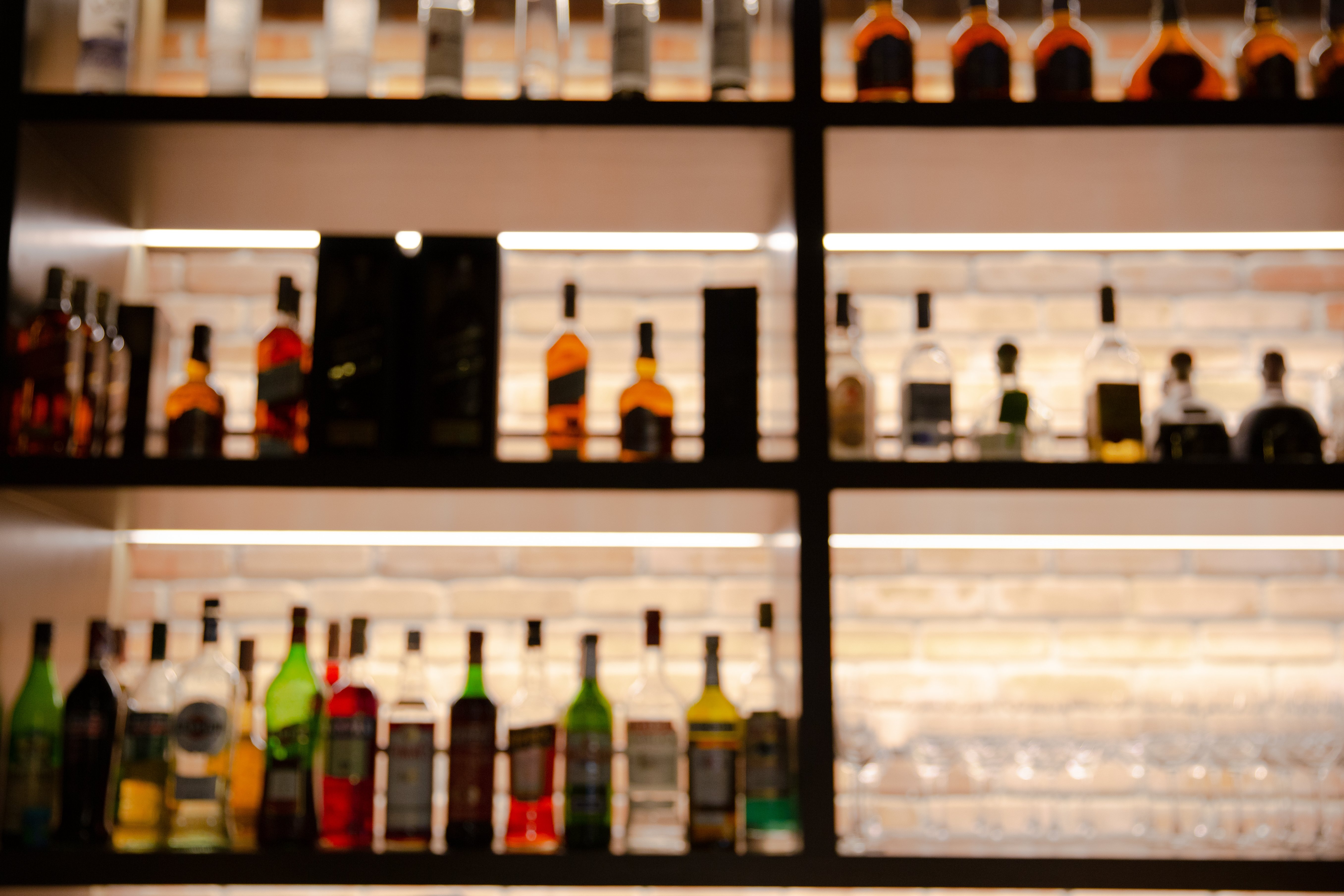Scura, Wigfield, Heyer, Stevens & Cammarota Blog
- Blog
Understanding the Effects of New Jersey Liquor Laws in Personal Injury Cases

New Jersey has specific laws concerning serving liquor both at home and at restaurants, bars, or nightclubs. If you have been injured because of negligent alcohol service, you may have a legal claim. This article details the most prevalent New Jersey Liquor laws. If you have further questions regarding alcohol service, a qualified attorney may be able to help.
Dram Shop Act
One of the major acts regarding New Jersey liquor laws is the Dram Shop Act. The Dram Shop Act holds alcohol vendors liable for injuries or damages caused by intoxicated patrons. The act imposes civil liability against a licensed alcoholic beverage server when (1) they serve an individual who was visibly intoxicated when served or (2) the server knew or should have known the person being served was under the age of 21. The Dram Shop Act has two categories: first party liability and third-party liability. First party liability is a scenario when an intoxicated person gets injured because of their level of intoxication. Here, the drunk person can pursue a first party claim against the establishment that negligently served them. Contrarily, a third-party claim for example is a situation where a person gets injured in an automobile accident caused by a drunk driver. Here, the injured party can pursue a third-party claim against the establishment that negligently sold the drunk driver alcohol. The injured party would also have a separate claim against the drunk driver themselves. The Dram Shop Act can hold any alcohol server liable. This includes bars, restaurants, liquor stores, banquet halls and night clubs. Additionally, the Dram Shop Act covers a variety of injuries. These injuries may include car accidents, assaults, or alcohol consumption by a minor.
Social Host Laws
New Jersey also has a liquor law against social hosts. This is a law that allows an injured person to bring a legal claim against a social host who provided their guests with alcohol when those intoxicated guests cause injuries or damages. New Jersey statute defines the term social host as “a person who, by express or implied invitation, invites another person onto an unlicensed premises for purposes of hospitality and who is not the holder of a liquor license for the premise and is not required to hold a liquor license for the premise...and who legally provides alcoholic beverages to another person who has attained the legal age to purchase and consume alcoholic beverages.” In New Jersey to be found liable as a social host the injured party must prove (1) the person who caused the injuries was visibility intoxicated in the presence of the social host (2) the circumstance created an unreasonable risk of harm (3) the injury resulted from a motor vehicle accident caused by the intoxicated person. To determine if a guest was visibly intoxicated their blood alcohol concentration (BAC) is used. If the guest has a BAC of .10% or higher but less than .15% this creates a rebuttable presumption that the guest was not visibly intoxicated. This means that it is presumed to be true that the guest was not visibly intoxicated. This presumption remains unless proven otherwise. If the guest has a BAC of less than .10% there is an irrebuttable presumption that the guest was not visibly intoxicated. This means that the presumption is conclusive and cannot be proven otherwise. Additionally, under the Social Host liability laws “providing” alcohol to guests includes scenarios where guests drink their own alcohol that they brought to the party and when they serve themselves.
Overall, these laws have important public policy implications. These laws can encourage establishment as well as social hosts to be more diligent when serving alcohol. It encourages establishment owners to properly train their staff to recognize when a patron is intoxicated and should no longer be served. It also encourages social hosts to remain responsible regardless of who is actually purchasing or serving the alcohol. Social hosts must stay attentive and also recognize when their guests become intoxicated.
Alcohol related injuries can range from drunk driving to assault and additional incidents, but all may result in serious injury. If you or a loved one has been the victim of an alcohol-related injury, these New Jersey liquor laws may apply. You may be able to pursue a legal claim under the Dram Shop Act or Social Host liability. A qualified personal injury attorney may be able to assist you and assess your options. The attorneys at Scura, Wigfield, Heyer, Stevens and Cammarota, LLP can help. Please contact the office today to set up an appointment.
Share Article
Need Help? Contact Us Today!





Lists by Topic
- Bankruptcy (323)
- Personal Injury (95)
- Chapter 13 (52)
- Chapter 7 (51)
- Debt Management (50)
- Foreclosure (47)
- Accident (32)
- Car Accident (27)
- Chapter 11 (25)
- Business Bankruptcy (20)
- Insurance Claims (19)
- Credit (18)
- Business Law (13)
- Employment Law (12)
- Litigation (12)
- Probate and Estate Law (11)
- Damages (10)
- Medical (10)
- Product Liability (10)
- Workers Compensation (10)
- Attorney (9)
- Consumer Bankruptcy (9)
- Commercial & Residential Real Estate (6)
- Slip and Fall (6)
- Contracts (5)
- Premises Liability (5)
- Repossession (5)
- wrongful death (5)
- Video | Bankruptcy (4)
- Bankruptcy Cost (3)
- Corporate Litigation (3)
- Trial Law (2)
- student loans (2)
- tax (2)
- Attorney Fees (1)
- COVID-19 (1)
- Certified Civil Trial (1)
- Dog Bites (1)
- News (1)
- Relocation Assistance (1)

